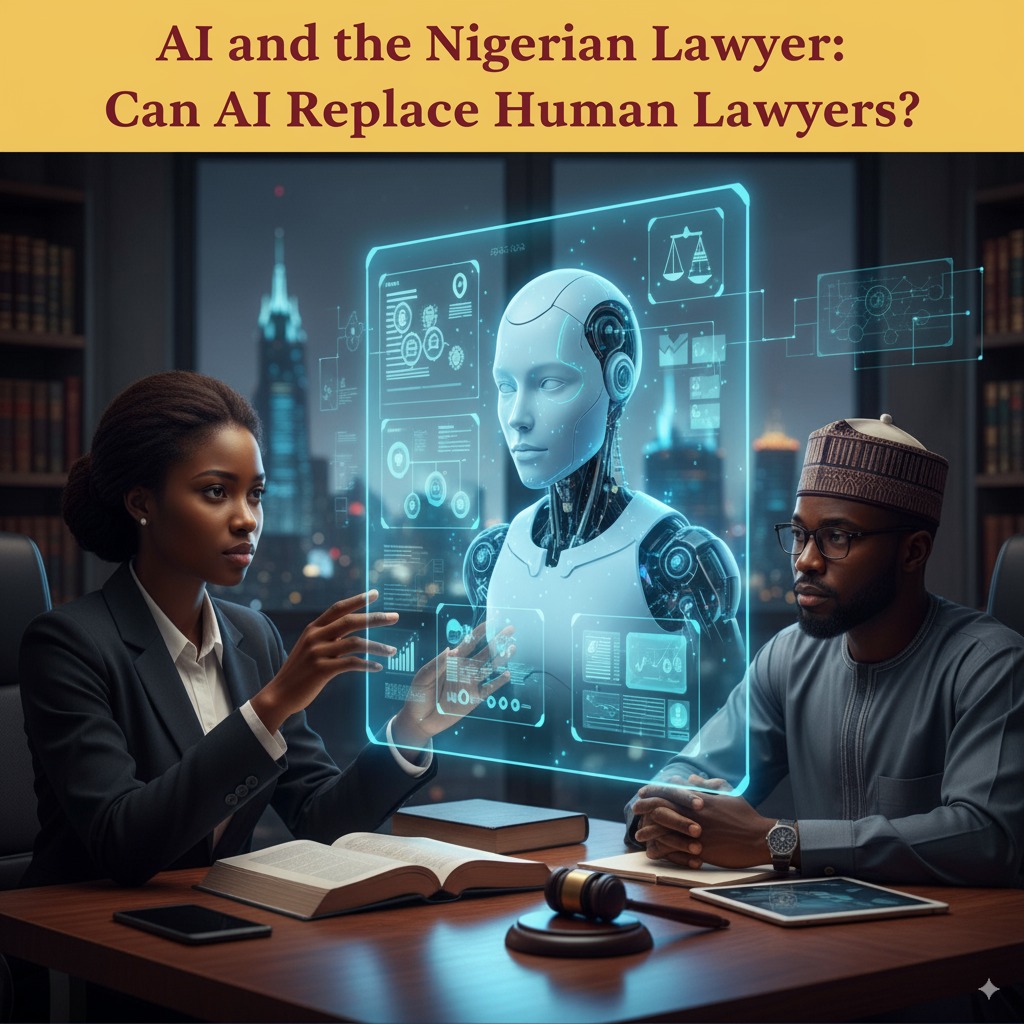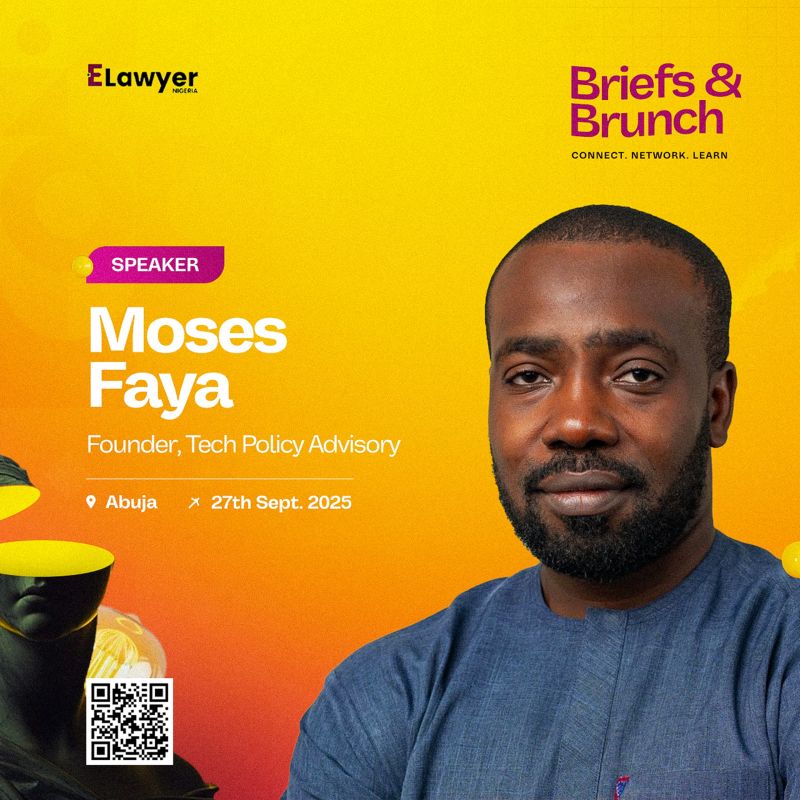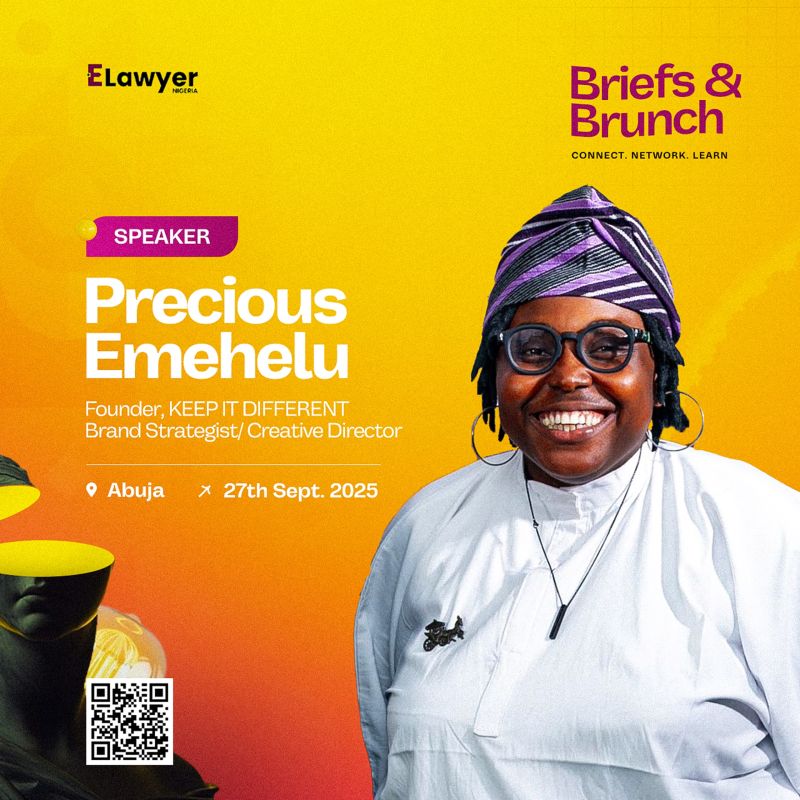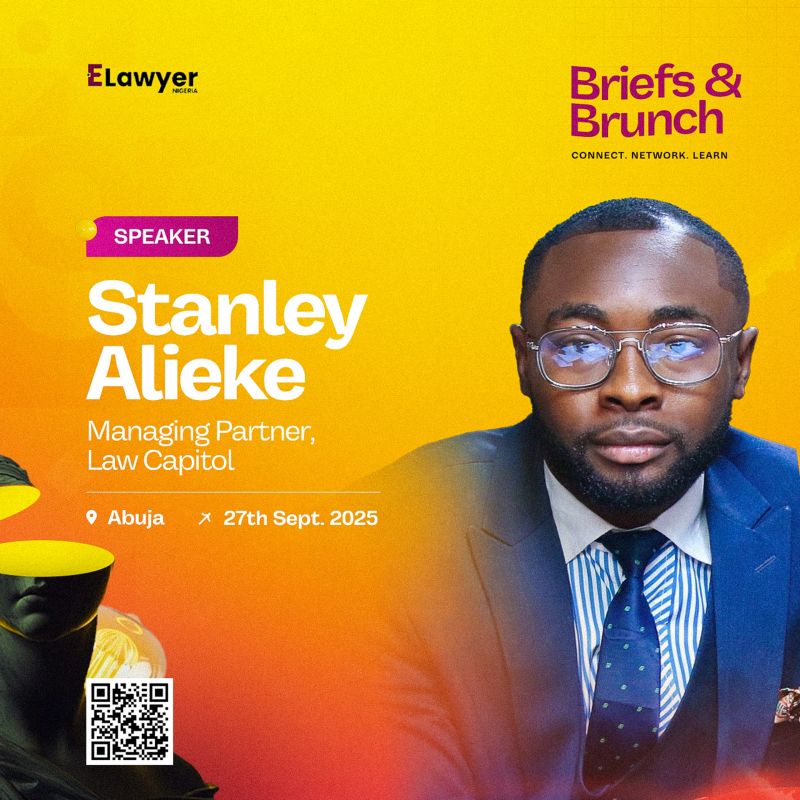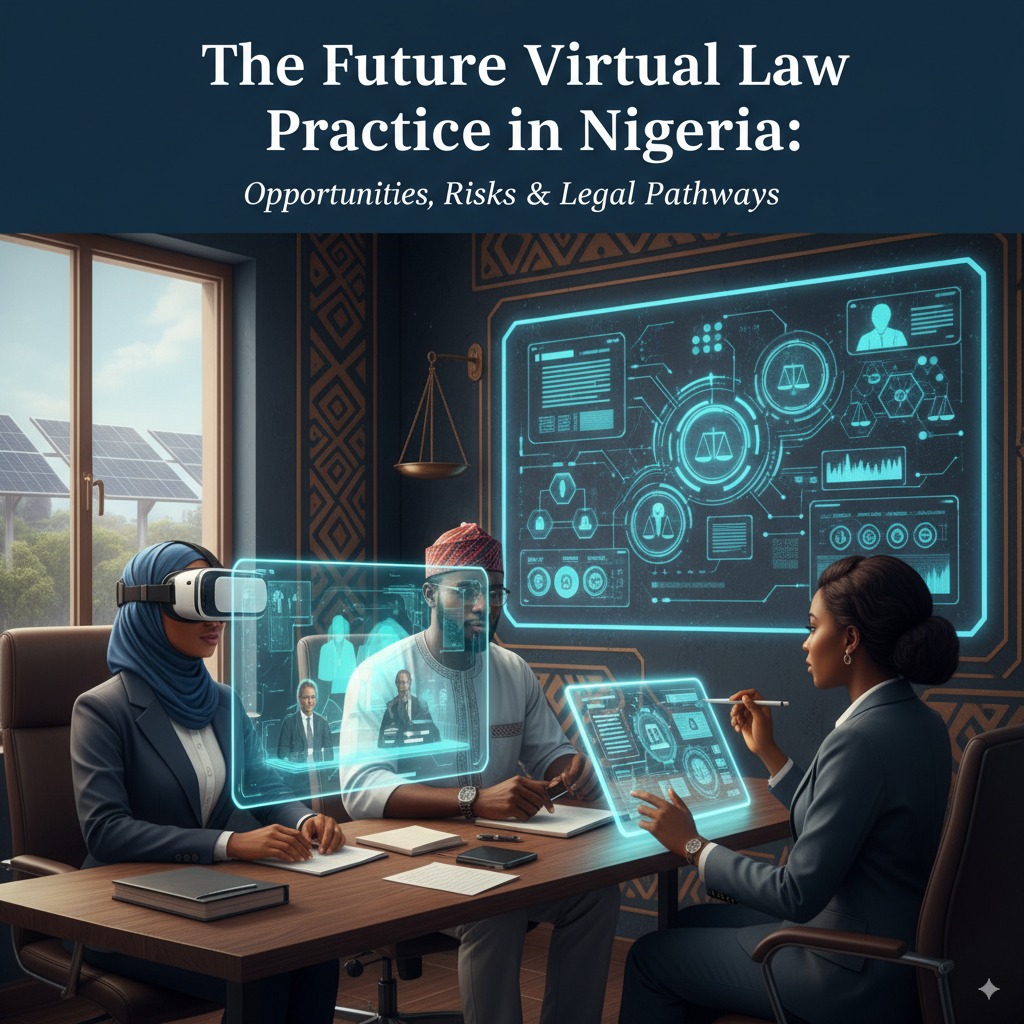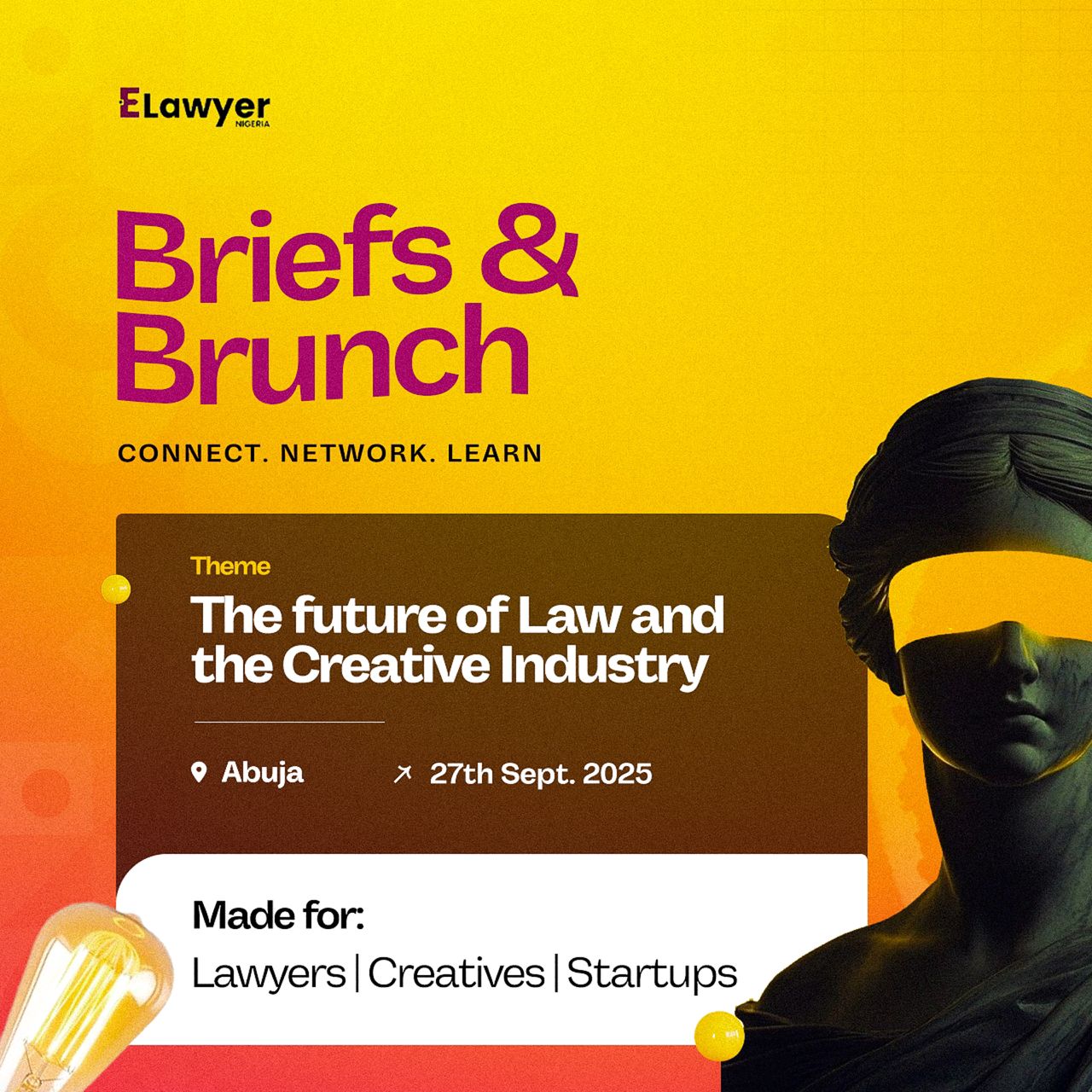Artificial Intelligence (AI) is no longer a futuristic concept, its everywhere nowadays. And whether certain lawyers agree with this position or not, it does not change the fact that AI is already redefining how law is practiced globally. From automated research to predictive analytics, the introduction of AI in the legal space promises efficiency and deeper insights. However in Nigeria, just like I stated earlier, certain lawyers and regulators still grapple with two key questions: How much can we trust AI and Would it ever truly replace human lawyers in the legal profession?
The Promise of an Efficient Future in the Legal Industry
At the just concluded Nigeria Bar Association Section on Business Law (NBA-SBL) conference, delegates were quite very clear in stating that: “AI is the future”. Lawyers were challenged to move from silent observers in the sideline to actual architects of this technological change. They further warned lawyers they risk falling behind if they don’t embrace AI’s transformative potential.
These AI tools offer a tantalizing vision of a hyper-efficient legal future such as contract automation and even case outcome prediction. Even the Emir of Kano called on the profession to adopt AI, machine learning, and blockchain as part of a broader digital transformation.
Need for Caution
Regardless of the various calls for adoption, the Nigerian Bar Association has repeatedly sounded a note of caution. While AI can streamline tasks like contract review, overreliance on AI tools for the legal practice undermines a lawyer’s duty of care, and the risk of biased or misleading output grows when algorithms inherit flawed datasets. The NBA’s Guidelines stress that tools must support, and not replace, human judgment per professional standards (Rule 14(1) and Rule 15(3)(h) of the Rules of Professional Conduct). This is the bed rock of the legal profession.
This warning was echoed by the Chief Justice of Nigeria at a Muslim Lawyers’ Association of Nigeria (MULAN) conference, urging the profession to critically evaluate AI’s integration to protect cultural and moral norms.
Meanwhile, MULAN itself called for ethically-guided AI use and strong regulation, advocating that AI be embraced as a complementary tool, not a substitute for human discretion.
Practical Realities: AI and the Legal Profession
In practice, adoption of AI by Nigerian law firms remains cautious and quite edgy as lawyers do not fully trust AI tools with legal work. Legal experts cite conservative practices as a barrier. This is irrespective of the fact that AI-supported platforms (e.g., Legalpedia, Law PavilionGPT, Primesol, etc) can revolutionize legal research, automating statutes, case law reviews, and document drafting. The ethical pitfalls, often associated with the use of AI, are not just theoretical rather they are very practical and a key aspect of the legal profession. A lawyer recently came under fire for submitting an AI-generated defense brief, prompting the NBA to launch an investigation and highlight the urgent need for clear AI regulation.
Will/Can AI Replace Human Lawyers?
As one user on Reddit poignantly put it: AI may be a great assistant, but it cannot replace the nuanced judgment, moral reasoning, and empathy that human advocates bring to the courtroom.
“ChatGPT is NOT a legal research tool… it makes up citations… Lexis and Westlaw AI are safer because they’re confined to legal databases.”
“The use of AI in the legal profession is inevitable… but relying entirely on AI for defense strategies undermines… empathy, ethics….”
AI also raises a profound concern: hallucinations, sounding authoritative but presenting false outputs. This remains a serious risk in legal practice. Recent empirical studies confirm that even trusted legal AI tools still produce hallucinations 17–33% of the time.
third-party ad
Conclusion
Nigerian lawyers should approach AI with a hybrid mindset, one that marries innovation with ethical rigor:
- Use AI for repetitive tasks like research and drafting but always verify and personalize outputs.
- Advocate within the NBA for clear AI regulation; covering usage standards, accountability, data privacy, and professional oversight.
- Stay updated and engage in continuous professional development, ensuring technological competency and legal ethics go hand in hand.

